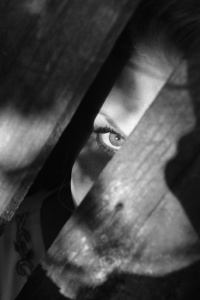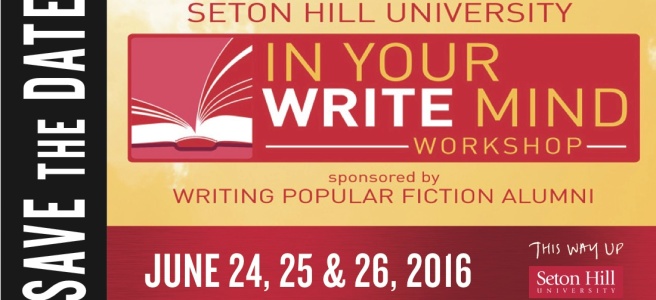I don’t usually talk about controversies on this blog. That’s not the purpose of it, and I’m not going to talk about it today. This isn’t a post about controversy, this is a post about human nature. A character study, if you will. Regardless of your feelings on gun control, homosexuality, or religion, bear with me for a while, because this is one truth that is relevant to all. 
We fear things we don’t understand, and we destroy things that we fear.
Look at our history. We exorcised and killed people with mental illness. We attempted (sometimes successfully) to eradicate entire species of animals, and entire cultures of people. Even something as benign as being left handed was met with cruel treatments that could permanently impair function.
It is human nature to say, “This scares me, I want to destroy it.” But we’re not animals. We can chose to act above and against our natures, but first we have to recognize them. Do you hate something? Do you hate a group of people? Do you hate guns? Do you hate GMOs?
Does it scare you?
I know of only one remedy for fear, and that is understanding. When you understand something it gives you a measure—however small—of power over the subject, even if that power is simply in your ability to anticipate and control your response to it. Like anyone, I fear a great many things. I fear losing my loved ones and having violence done to me. I fear death. I fear losing control of my life. I choose to explore these subjects in my writing because it helps me understand them, and that helps me live my life freely and fully. I know more about tapeworms, ticks, and bot flies than anyone who’s not parasitologist has any business knowing, and I’ve recently acquired enough information on dental maladies to take an entrance exam to dental school. Knowledge empowers us against what we fear, but we have to seek it the right way.
First, we must accept our fallibility. There is no such thing as perfect understanding. Anyone can be wrong, maybe everyone is wrong. The goal of learning is to be ever closer to the truth. We never stop learning.
Then, we must open our minds and attempt objectivity. We will never learn anything if we only seek to confirm our bias. We must learn things that support our beliefs, and learn things that challenge them. Learn freely. Learn ravenously. Learn with the goal to understand, not to prove or disprove.
And never stop. Never stop.
And finally, we must learn with the knowledge that there may not be one answer, especially as our fears grow in complexity. A bot fly is a relatively simple creature. A person, a culture, an ideology is complex. As fellow writer and blogger, Chuck Wendig said (far more entertainingly than me) you must be able to hold many truths in your brain at once. Can you do this?
The more we learn, the more truths we can hold, the less helpless we feel, and the less we fear. I promise you this.
Do I think this will work for everyone? No, of course not. But I believe it could work for anyone. In a world with strikingly few absolutes, I believe that education can change the world. So arm yourself against fear. Take a sociology course at your local community college. Check out a book on human sexuality, and then check out another book from a different author. Research statistics from reputable sources, and then cross reference them. Compare the results to the statistics of different places full of different people. Question everything. Be brave. Become a seeker of truth, many truths, and then choose your nature, don’t let fear choose it for you.


